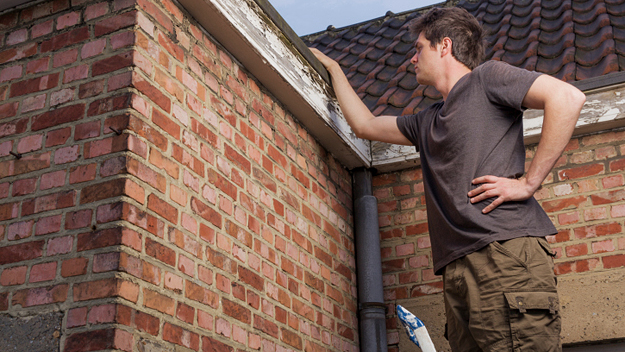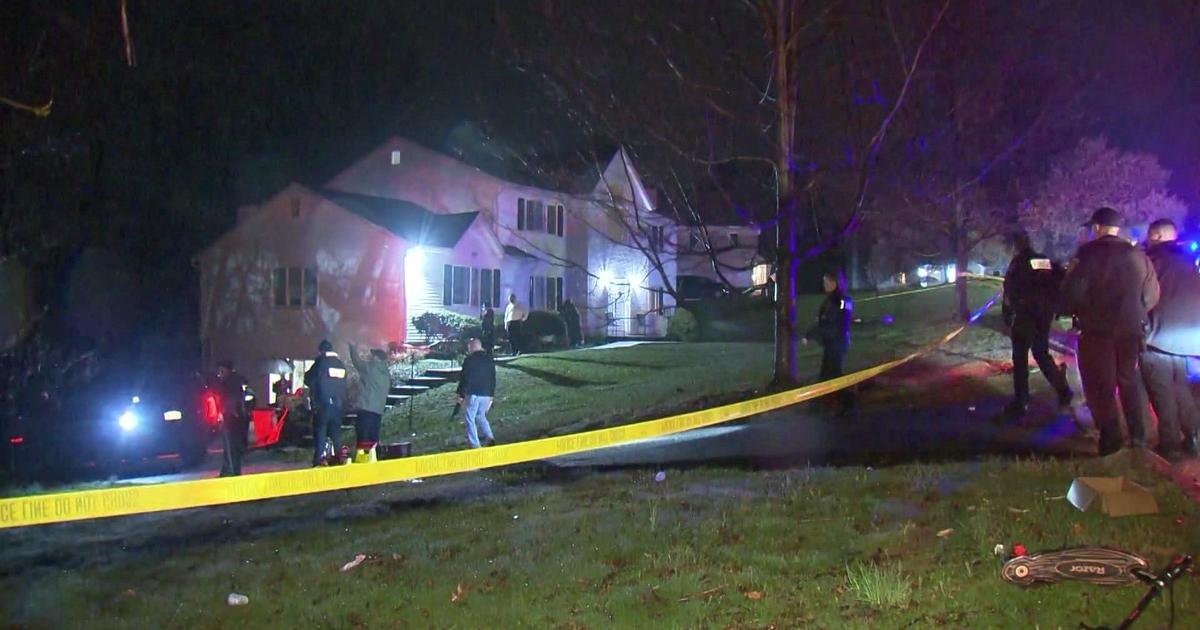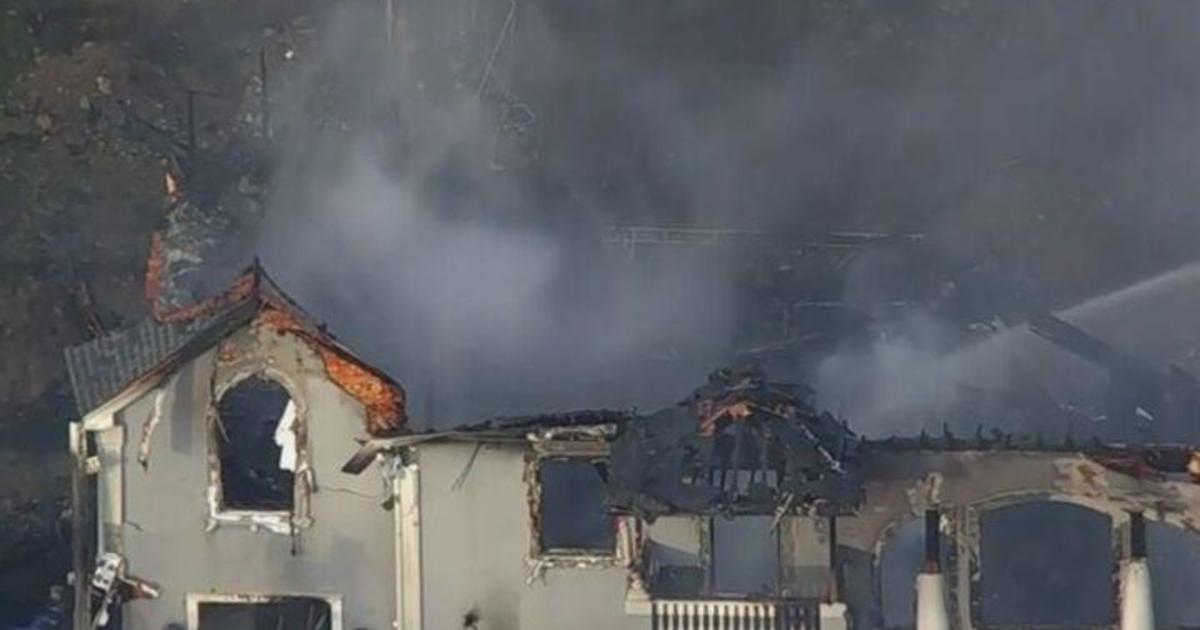Plan, Don't Panic: A Before-Winter-Strikes, To-Do List
 (Photo credit: Thinkstock)
(Photo credit: Thinkstock)
The last thing you want is to not be ready when those first gentle snowflakes of winter turn into a raging blizzard, complete with blinding snow and icy winds. Autumn is a good time to get your house in order and make plans for the months ahead. If keeping your home and family safe and comfortable this winter is a priority, this checklist is a good place to start.
How's Your Roof? – Winterizing your roof should be at the top of your list in the months leading up to bad weather. Clean debris from the gutters and remove buckling roof cement or caulk for replacing. Check for loose shingles, bare areas and holes which might let cold air, rain and snow seep in. If necessary, hire a professional roofer to get the top of your house in ship shape condition. You might also want to add vent installation to prevent icicles from forming.
Check Your Home's Insulation – Look for drafts and unwanted air flow around windows and doors and seal any cracks you find. If your door is leaking in air, it will benefit from fresh weather stripping. Window caulking or do-it-yourself insulation kits can provide fast sealing and insulation for a minimum cash outlay. Don't forget to pay special attention to your attic. If you have exposed ceiling joists, your entire home will benefit from the addition of a layer of insulating material. Crawl spaces and basement walls are also prime areas that typically benefit from additional insulation. Making your home air-tight will help keep you warm and dry, particularly if there is a power outage and your heating system becomes compromised.
Have Your Heating System Spruced Up – No matter what type of fuel you use to warm your home, have your system inspected before you need to turn it on. Trouble shooting now can save you countless dollars and shivers later on. You can keep your system humming by building monthly air filter and ductwork cleaning into your winter routine. While you're at it, don't forget to check in on your hot water heater and to cover it with a water heater blanket or other insulating material to keep it working efficiently.
Maintain Your Yard's Health – If snow comes early before trees have a chance to shed their leaves, or if a particularly wet snow falls, tree branches are more likely to become heavy and crack off. Check your trees for overall health and trim back branches as needed, particularly if you have trees near your home, garage or public sidewalks. This is also the time to cut down sick or dying trees, which are more likely to crash down during high wind conditions. Check your home's entire exterior and all landscaped areas to look for and remove exposed tree roots or cracked and broken pavements which might trip you up when it's icy out.
Stock Up On Provisions and Supplies – Storms and power outages often go together. Even if you have an at-home generator and don't have to worry about losing power, you still may not be able to drive or even get down the street to a local store, so stocking up on the items you will need long-term makes sense. A one-week supply of water, plus non-perishable food, is a good start. Stock medications that household members use, both prescription and over-the-counter, and first aid supplies, like alcohol swabs, antibiotic ointment, ace bandages and band aids. Other important items to have on hand are heavy blankets, sleeping bags, warm clothing you can layer, wool or thermal socks, hats, gloves and disposable hand and feet warmers. If you have babies or children in the house, make sure you have everything they will need, such as diapers, formula and jarred food, in full supply. The same rule applies for pets.
It's Winter, Do You Know Where Your Shovel Is? – Don't take for granted that your shovel was returned by the tenth person who borrowed it last year. A snow shovel, ice scraper and supplies to de-ice the sidewalk, such as kitty litter or a chemical-free salt alternative, are a must. Keep a few pairs of heavy, waterproof gloves hanging by your shovel so you always know where they are when you need them.
Consider Installing an At-Home Generator – Winter-weather mayhem makes it a prime season for increasing your home's value and efficiency with this one-time purchase. Home generators turn on and off automatically as needed, protecting your home and family from power outages or surges. Tax incentives and rebates proliferate during the cold weather months, making an at-home generator a hard purchase to pass up.
![]()
Corey Whelan is a freelance writer in New York. Her work can be found at Examiner.com.
![]()
![]()
![]()
Learn more by visiting CBS New York's Storm Prep section




